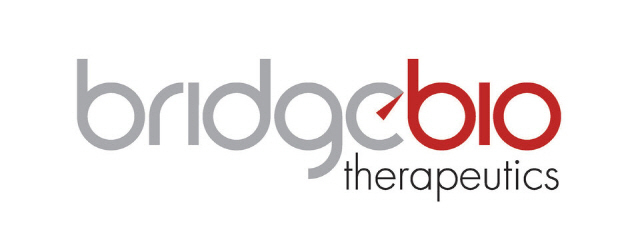
German pharma giant Boehringer Ingelheim has returned Bridge Biotherapeutics’ BBT-877, a novel drug pipeline for idiopathic pulmonary fibrosis, the South Korean company said Tuesday.
Bridge Biotherapeutics will regain full global rights to the pipeline. It does not have to return the 45 million euro ($53.22 million) down payment.
BI’s decision to terminate the research was based on evidence of toxicity, Bridge Biotherapeutics explained in a regulatory filing, adding that the company will receive data compiled by BI reflecting 16 months of research.
Bridge Biotherapeutics will take the data to the US Food and Drug Administration in the first quarter of 2021 before taking the next step with the pipeline.
“Our confidence in the BBT-877 has not waned one bit,” a Bridge Biotherapeutics official told The Korea Herald.
Bridge Biotherapeutics’ license-out deal to BI, worth up to $1.27 billion, including royalties, catapulted the small Korean biotech, which operates based on a “no-research, development-only” model, into the public eye.
As an NRDO, Bridge Biotherapeutics’ role is to spot promising molecules early and pass them on to bigger pharmas with the money and resources to develop the pipelines further.
The gigantic deal with BI was a significant factor behind the company’s successful initial public offering in December 2019.
Meanwhile, obstacles and road bumps are regular occurrences in novel drug pursuits, as precedents have shown.
In a notable example, Hanmi Pharmaceutical’s pipeline HM12525A, after being returned by Janssen, was once again licensed out to American firm MSD in 2020 as a candidate treatment for nonalcoholic fatty liver disease.
By Lim Jeong-yeo (
kaylalim@heraldcorp.com)








